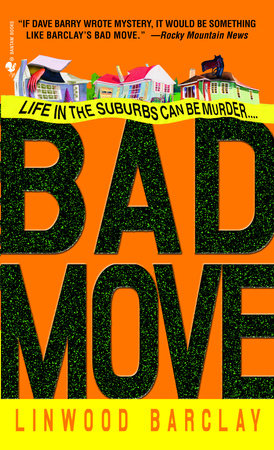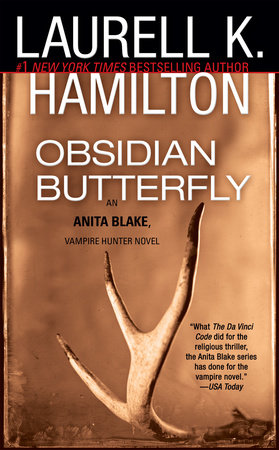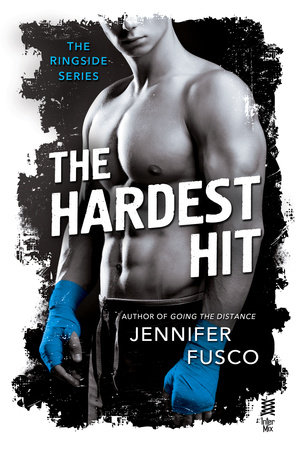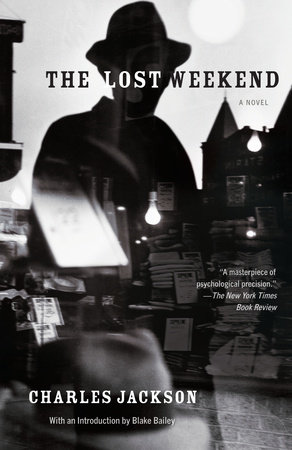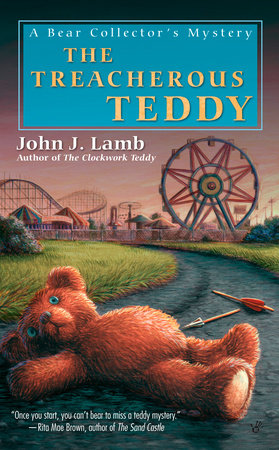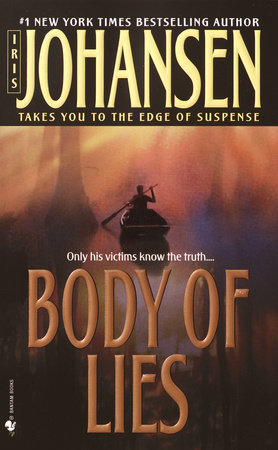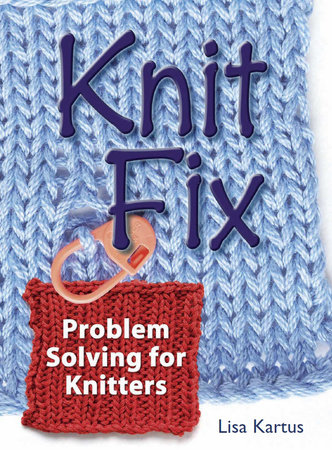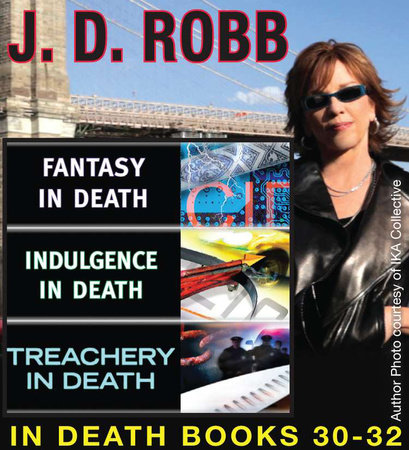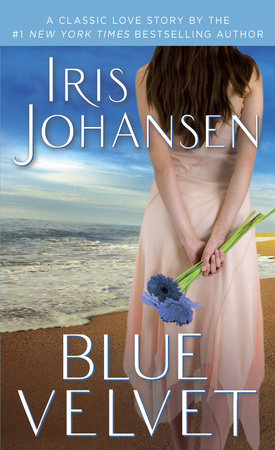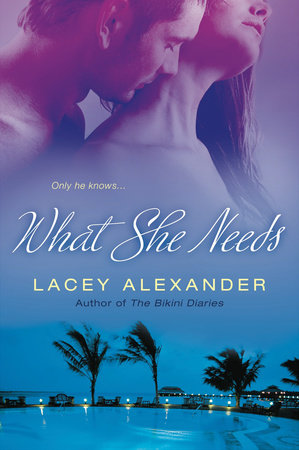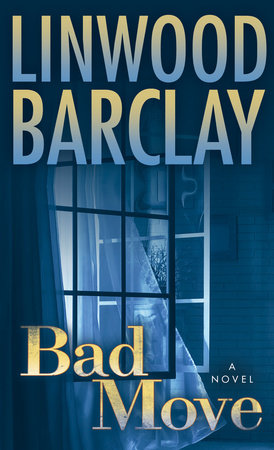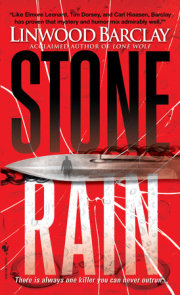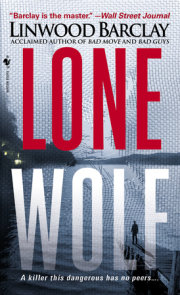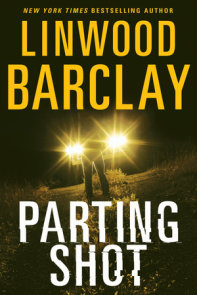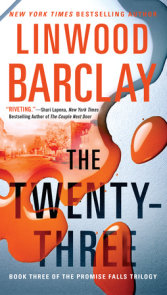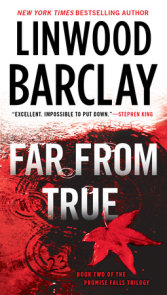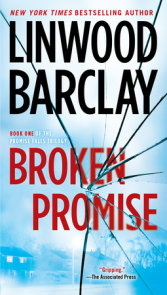Author Q&A
You are very well known in your native Ontario as a columnist for The Toronto Star. You have also previously published nonfiction. What made you turn to a life of crime … aka writing a mystery as diverting as Bad Move?
Writing mysteries, in many ways, is what I’ve always wanted to do, but it was more practical, in the four books I’ve had published since 1996, to write the type of thing I was known for in my column. There are three mystery novels in my bottom drawer written when I was in my late teens and early twenties.
As a journalist, what was the biggest challenge in writing fiction? The biggest surprise?
Well, as a journalist, it has to be right; in fiction, it has to feel right. You can bend things the way you want them to bend in fiction, although if you bend them too far, it snaps and comes apart.
Tell us how you developed the character of Zack Walker. Who was your inspiration for him? We have noted that in your acknowledgments you mention that you "are a lot more like Zack than you would like to admit." How much of your own family was an inspiration for the Walkers?
I think Zack is basically me unchecked. I share many of the same worries and anxieties, but I don’t act on them in the way Zack does. I don’t picture my own family when I write about Zack’s, but hearing how my own kids talk, for example, was wonderfully helpful in making these fictional teenagers seem real.
The experience of moving the family out of the city and into the “more healthy” suburbs is common. In Bad Move you write with great detail about the ramifications of that decision on all the family members. And you discuss, with hilarious results, the problems found in some of the suburban residential subdivisions in the U.S.—communities which suddenly appear to spring up out of nowhere. We felt you’d depicted it so accurately that it must be based on actual experience. So … is it?
Oddly enough, I’ve never lived in a big city. As a child I grew up in the suburbs, and spent my entire teen years living way out in the country, where my family ran a lakeside cottage resort (something I wrote about in my book Last Resort). My first newspaper job was in a suburban town, and my wife and I have always lived in so-called suburbs. But back in 1987, we did buy a house in a brand new subdivision—we moved in before the sod went down—and it’s that particular neighborhood that I picture in Bad Move. Unlike so many families that go to the beach on holidays, we usually go to big cities— New York, Chicago, San Francisco, Paris—and I suspect one day we’ll move to one.
More on Zack: you made him a work-from-home novelist, specifically a science fiction novelist. Why? Why not a mystery writer? Is Zack’s passion for his genre and toys from his favorite series also your passion?
I thought making Zack a mystery novelist, in a mystery novel, seemed too cliched, overdone. I didn’t want mysteries to be his area of expertise. I share his interest in science fiction to a degree. I read very little of it, but o enjoy SF movies, and the gadgets and models featured in them. And the shelves of my study where I write are decorated with many of the toys that are in Zack’s study, including a Batmobile, a Supercar, a Seaview submarine, and several Marvin the Martian figurines. I’m not well. And if all that weren’t bad enough, I have trains in the basement.
And let’s discuss the number of fascinating ways Zack found to do anything around the house—or neighborhood—except write. What was your routine and environment when working on the novel? Did the neighbors come to call? And were these visitors the basis for Zack’s own neighbors? Readers will want to know just what inspired the characters that live near Zack.
Zacks’ neighbors weren’t inspired by any of mine, but were inspired in part by stories my own paper carried of some of the shenanigans that have been going on in the suburbs that ring Toronto.
As for my routine, I work from home as well, but I’m more focussed than I pretend to be. I start work—my newspaper column is always the priority—first thing in the morning. We get three daily newspapers to the door each morning, and the first job is to go through all of them looking for items worthy of satirizing, or tucking away for future use. When my duties for the Star have been taken care of, I turn my attention to other obligations, which can include working on speeches (I’m with a speakers agency) or, if I have one on the go, a book.
Once I start a book, I find it hard to tear myself away from it until the first draft is done. Since I have to write three columns a week, it takes me about four or five months to do a book.
Wit and crime seem to go together, from the urbane witty dialogue of Dorothy Sayers’ Lord Peter stories to today’s wise-cracking practitioners, like Carl Hiaasen on one hand, and Janet Evanovich on the other. What writers influenced you? Does humor infuse all your writing? Could Bad Move have happened without this comic touch?
I write a humor column for the Star, and three of my four books were straight humor books. Last Resort was a memoir, and while some of it was quite sad, much of it was very funny. I find being earnest for long periods a bit of strain.
In Bad Move a lot of the humor comes out of everyday situations, I think. The interactions between family members, our everyday anxieties.
I’ve been influenced by a great many writers, some funny, some not. I had the good fortune to have two highly respected writers as mentors. Margaret Laurence, a famous Canadian author, encouraged me and became a friend after I got to know her when she was a writer-in-residence at Trent University, where I obtained an English degree. And in my late teens I became a huge fan of the Lew Archer novels by Ross Macdonald (whose real name was Kenneth Millar). I ended up having a long correspondence with him, met him, and he was very encouraging with regard to my writing. His work convinced me that mysteries, often looked down upon, could be literature.
As a kid, I started out with The Hardy Boys, moved on to Agatha Christie, read every Nero Wolfe novel I could find, then discovered Lew Archer and thought, wow.
Today, I read all sorts of things, from John Irving to Al Franken, Tim O’Brien to Dave Barry, Maureen Dowd to Joey Slinger (another columnist at the Star). Crime writers I particularly enjoy include Lawrence Block, Ed McBain, George Pelecanos, Elmore Leonard, Tony Hillerman, Carl Hiaasen, James Lee Burke, the late Charles Willeford. Among the humorists I think are brilliant: Calvin Trillin, Bruce McCall, Garrison Keillor, Ian Frazier.
Do you plan on writing more novels featuring the Walker family?
A second one is finished. I could certainly be persuaded to do one a year if I thought there were people out there who’d like to read them.
You’ve told us how Bad Move came to be—but are there any words of wisdom that you want to pass along to someone writing his/her first novel and looking to get it published? Any stories—funny or not—you want to share about the process as you experienced it?
Don’t give up. If you count the ones I wrote when I was younger, Bad Move is my fourth novel, and the first to get published. So hang in. Develop a thick skin (easier said than done) and be open to the ideas of others. My book is a lot better than it might have been because my agent and editors offered suggestions. I’ve spent a lot of time as a newspaper editor, and know that tweaking something, making it better in small ways, doesn’t diminish what the author’s done.
What are you working on now and when can readers expect to see it?
As I mentioned, the second Zack Walker novel is done and due to come out sometime in the spring or early summer of 2005. And a third adventure is starting to take shape in my head. Plus, I have a couple of book ideas that don’t involve my friend Zack. One of them actually borders on science fiction.
